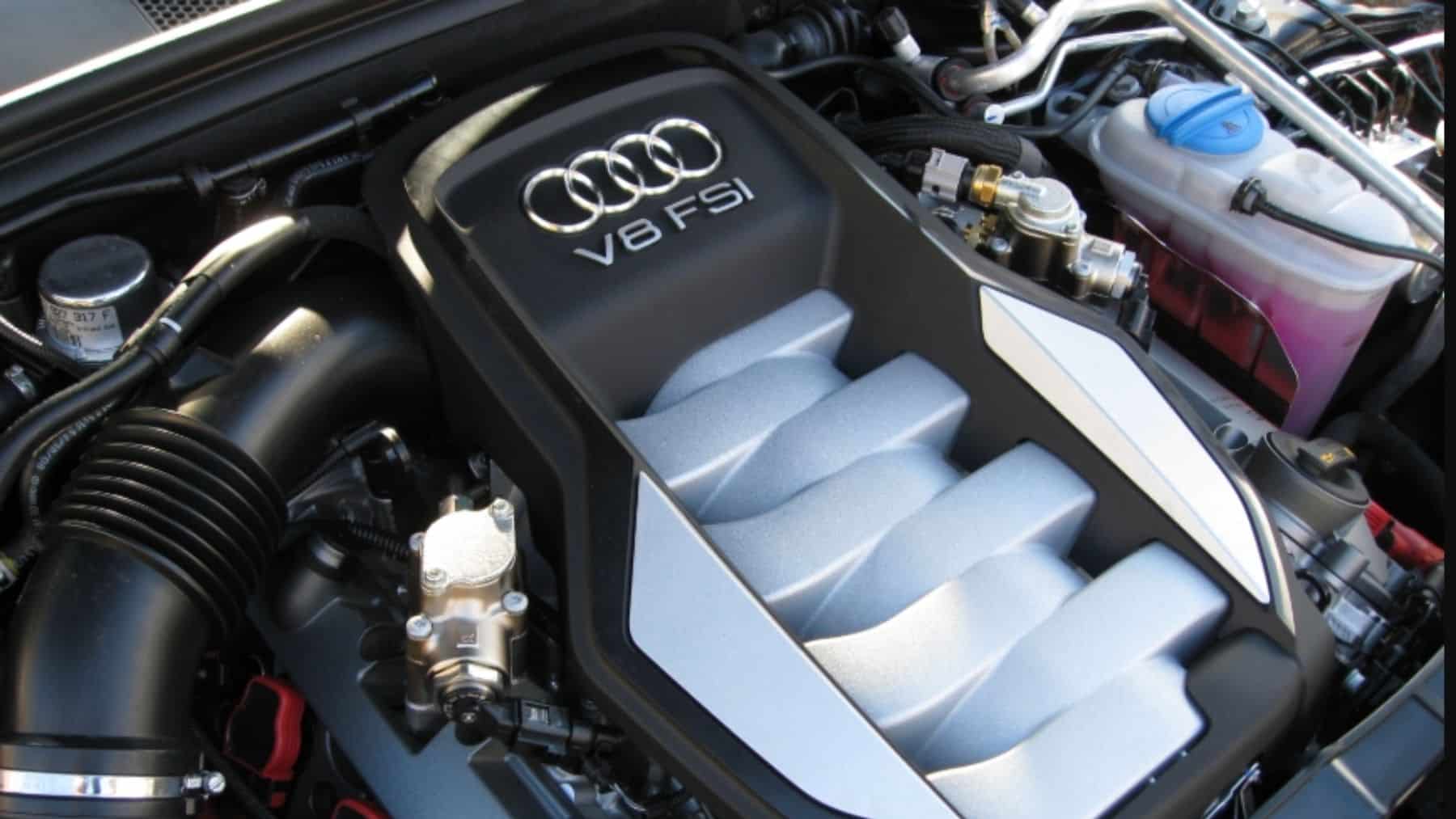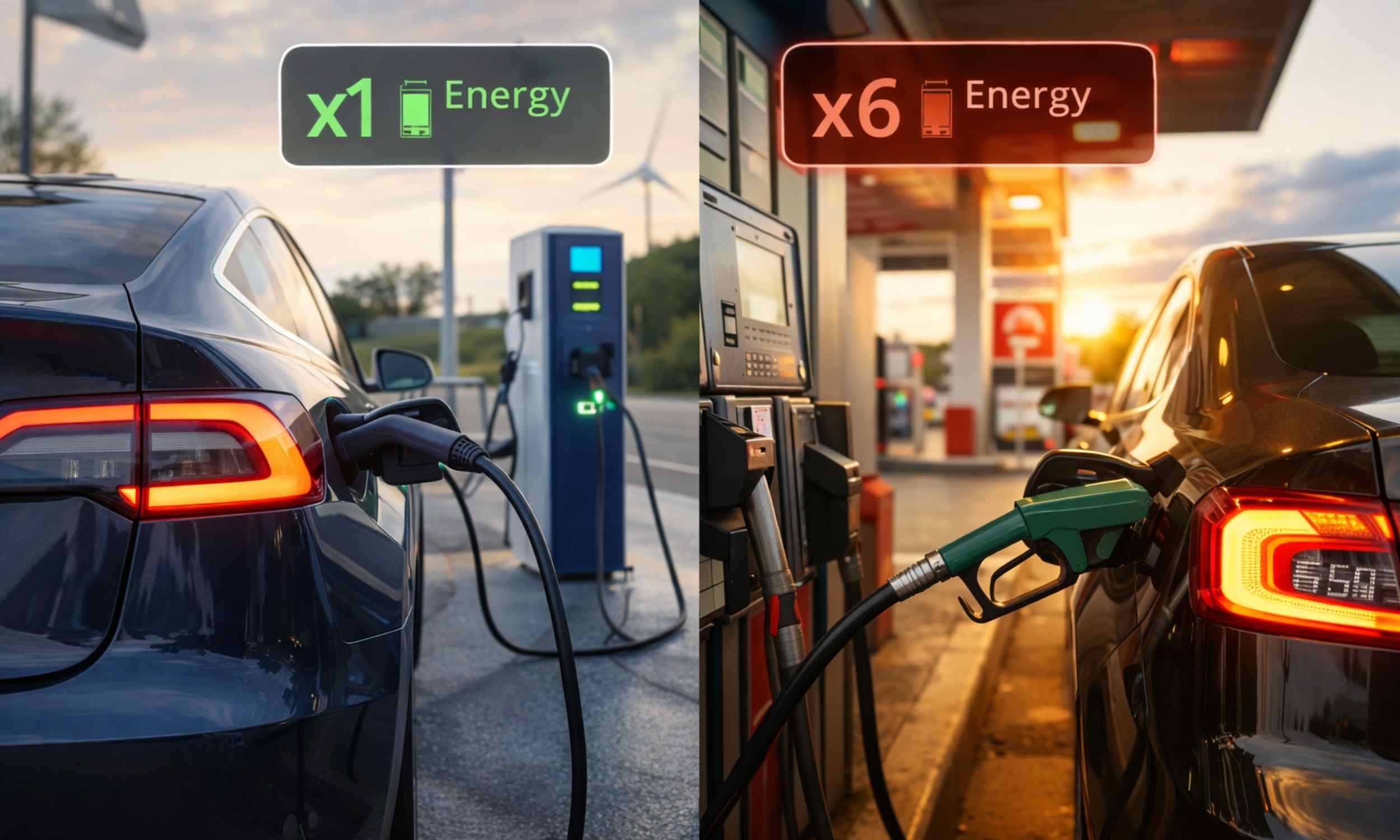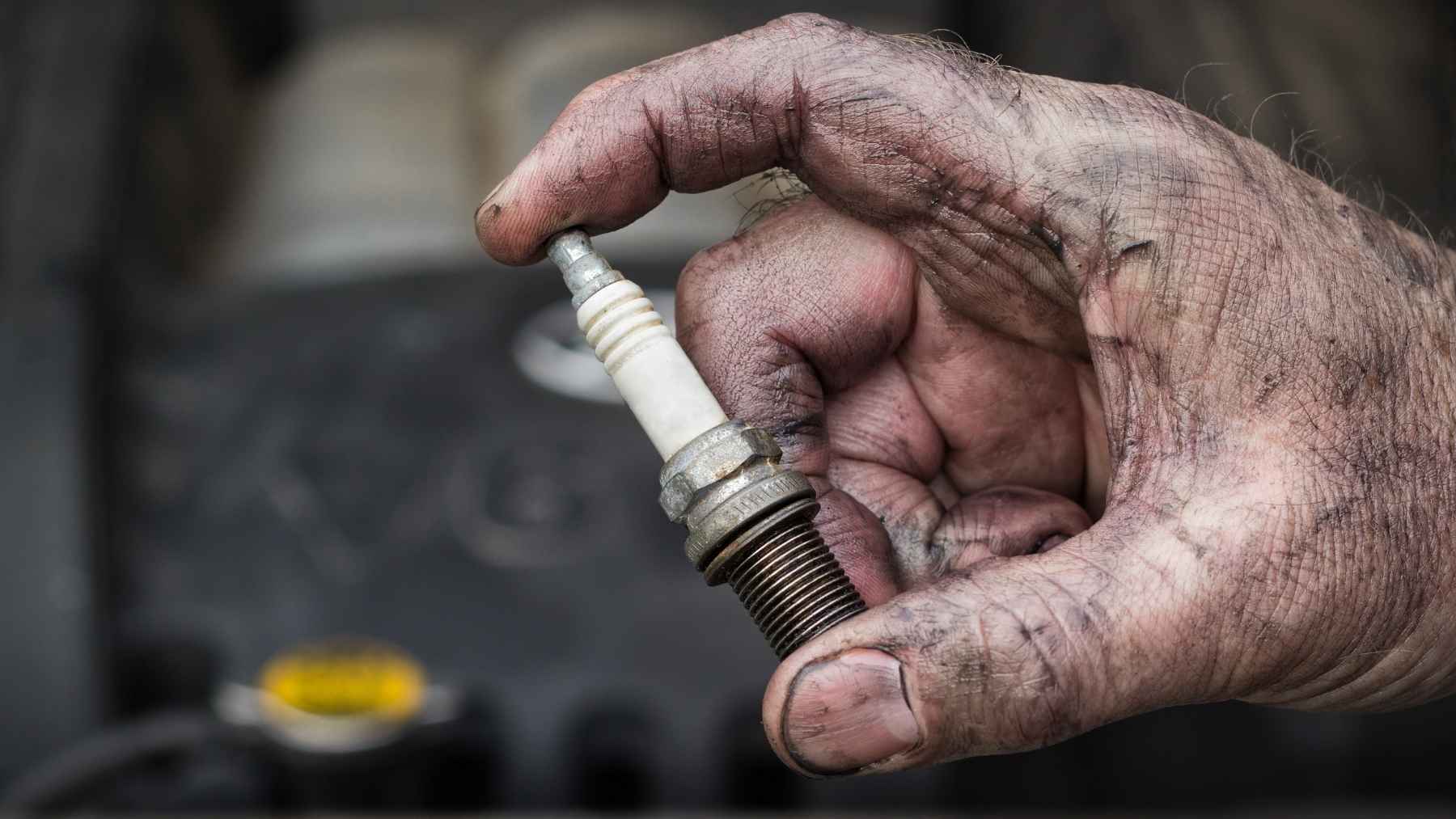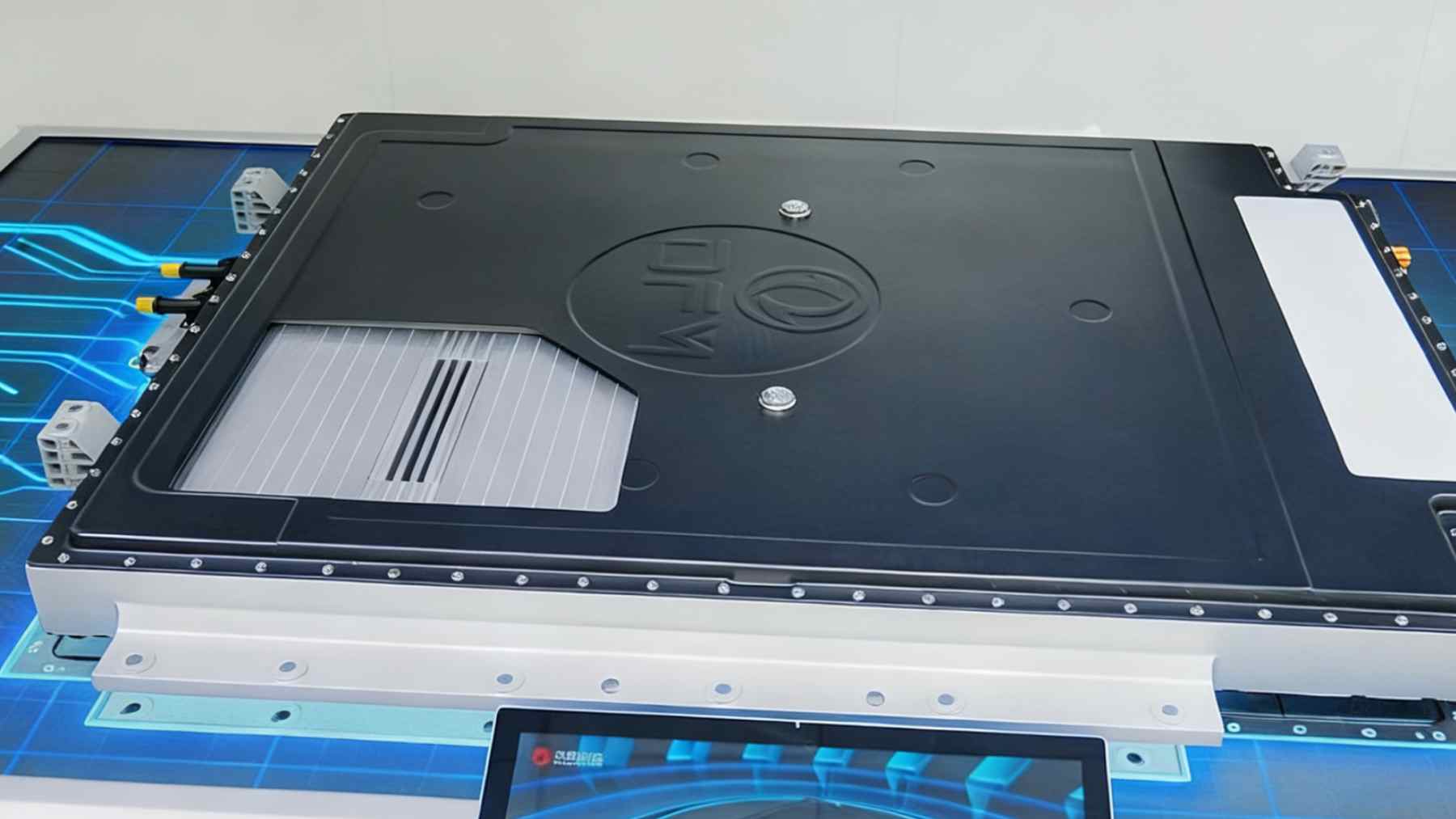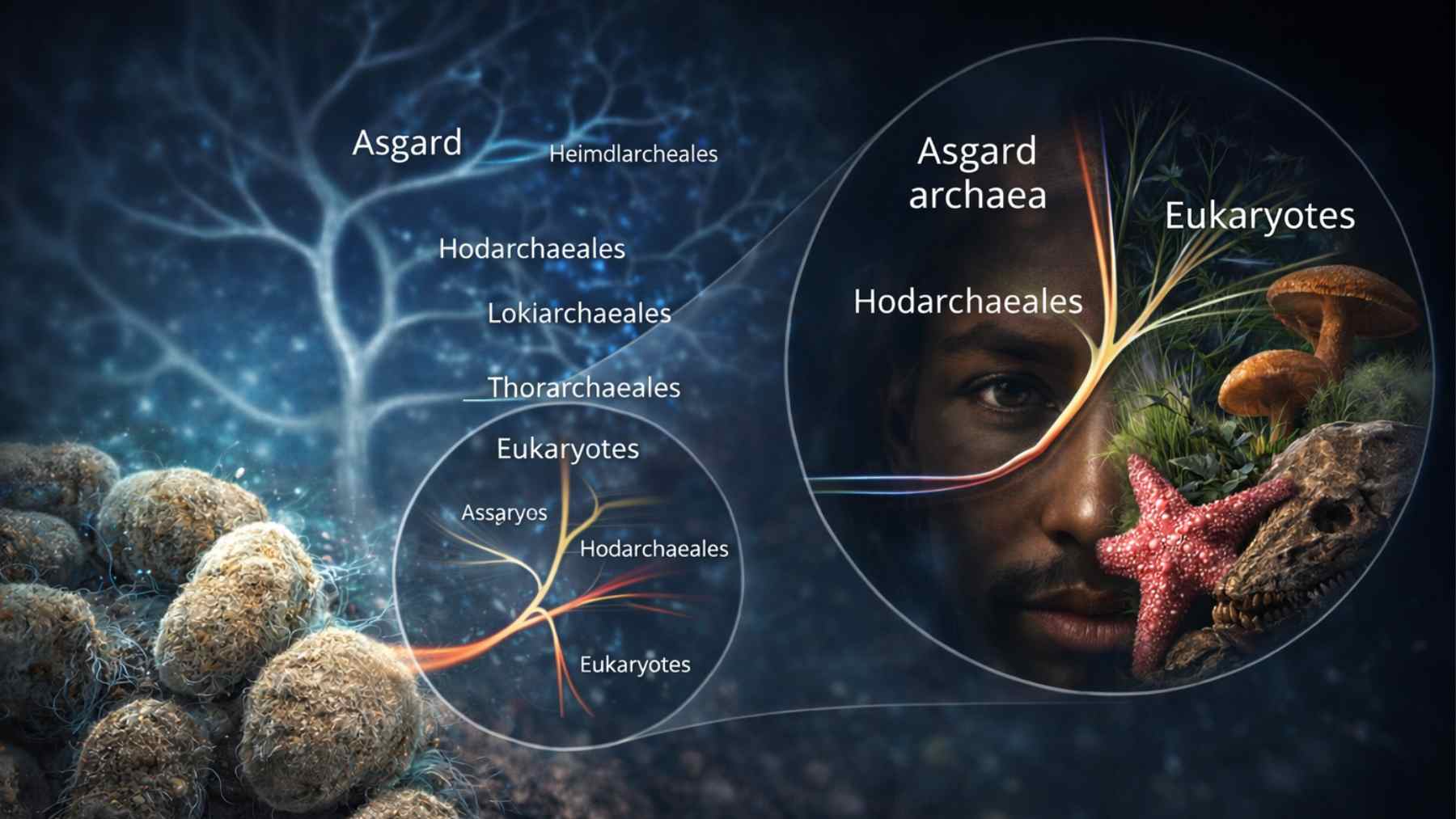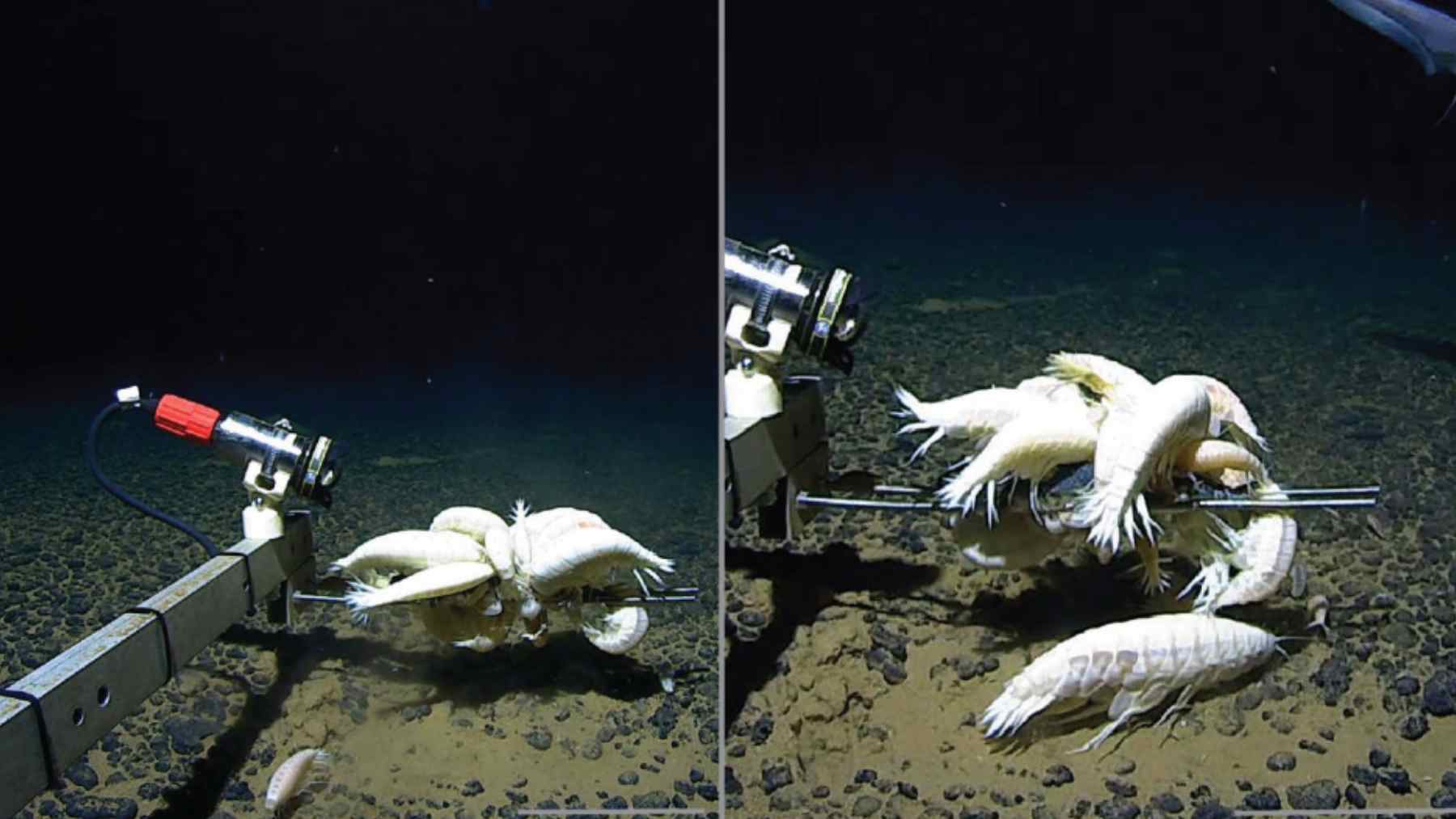Seems like most of the automotive innovation leaders in Germany are also tired of relying on and using hydrogen in their engines. While companies, such as Audi, have always searched for alternatives to fossil fuels and, thus far, hydrogen has always been considered Audi’s go-to engine solution, Audi, too, is seeking greener pastures. A cleaner energy solution has been put forward as a more scalable alternative that is said to be replacing hydrogen fuel cells entirely. It is battery-powered electric vehicles (EVs) that have taken the center stage, and Audi seems to be championing these battery-powered electric vehicles.
Audi setting the bar: Mo more hydrogen
The German auto giant is also in favor of shifting, from the very beginning of 2026, fully away from internal combustion engines. Even their hybrids will rely on internal sources as a strategy to move away from commonly employed engine practices.
All popular Audi models, such as Audi A3 and A4, will be phased out as they are powered entirely by combustion engines. These engines will be replaced completely with fully electric successors. All existing Audi combustion models will continue to be sold for many years to come until they reach the end of the production cycle. Once the goal of the final drift away from combustion engines has been met, the end of combustion engines will be marked. The launch of the latest SUV model under the Q series will be the last in the installation of combustion engines.
The decision to make this move by Audi is not one without regulatory and technological evolutionary pressures. According to Audi CEO, Markus Duesmann, it has been stated that it is all too clear, the company has no vested interest in developing newer combustion engines focused on electric mobility.
Hydrogen fading in the background
Audi is surely revolutionizing the electric motor production landscape, and with the electric engine gaining more traction, hydrogen fuel cell technology seems to be slipping away. Although hydrogen is a clean energy solution, it comes with significant infrastructure costs and challenges concerning efficiency. Where fuel cell vehicles fall short, battery-electric vehicles (BEVs) will showcase better efficiency, benefit from power grids in existence, and show faster deployment. Hydrogen usage is being left to long-term projects, while other automotive giants like Volkswagen and BMW are all in favor of electrification, leaving hydrogen for niche markets.
Audi itself is doing much work in this regard. A new-generation, electric motor with a sustainable combustion element for the 2026 Formula is being tested at the company’s Neuburg facility. Audi’s engineers have included a battery electric motor, showing that electric and sustainable fuel technologies can surely prove their worth.
An electric future is now here
Apple may have failed with its first EV ambition, but Audi is showing an ambitious electric future. Clearly, Audi’s newer reality shows that by 2030, the company’s entire catalog will be fully electric, with all combustion models being left far behind. This is all part of the wider transformation of not just Audi, but the bulk of the German automotive industry.
With this drastic change comes Audi’s change in ambitions for Formula 1, too. Since the FIA regulations for 2026 state that F1 power units need to use 100% sustainable fuels, and they must feature a 50/50 split between electric and combustion power. Thus, Audi’s investment in this hybrid approach is not a contradiction of their electric strategy, but rather a high-performance testing ground for innovations that could be used in consumer vehicles too.
While hydrogen’s promise remains, especially in the automotive industry, electricity has somewhat taken the lead in the clean mobility generation, even though some projects fail. Germany, alongside Audi, is at the forefront is showing just what a forerunner new strategy can be when championing a battery-powered electric future that is much more advanced than the traditional hydrogen future.
